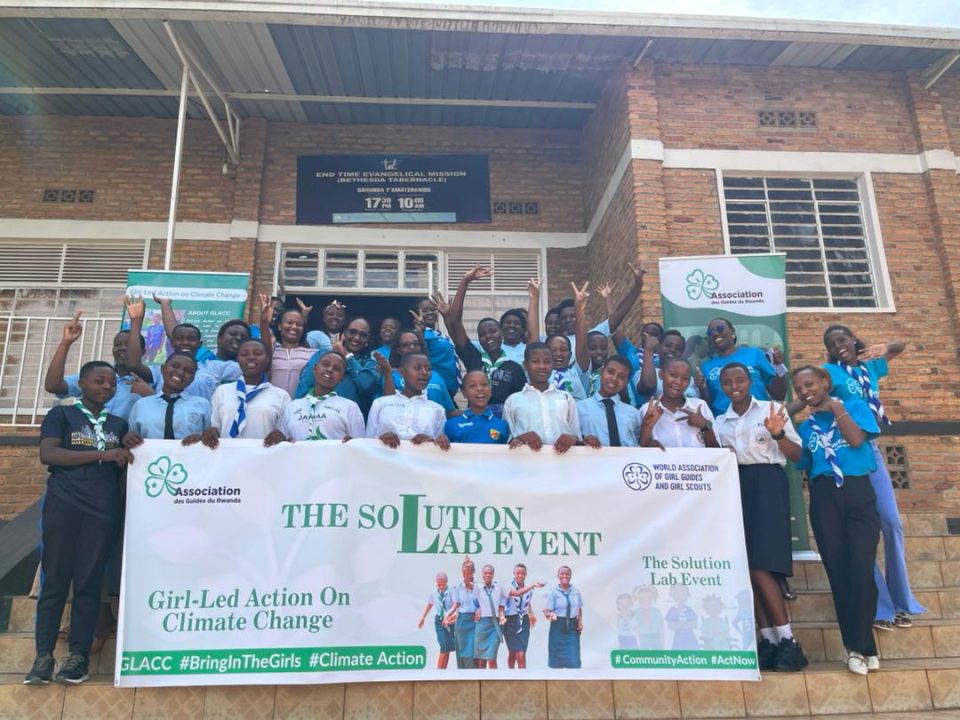Through the Girl-Led Action on Climate Change (GLACC) Project, young girls from across Rwanda are stepping up to address climate change issues. The project emphasizes on the important role that girls and women play in building resilient communities, free from gender based violence (GBV), school dropouts and many more other shackles.
Implemented by the Association des Guides du Rwanda (AGR) and funded by the World Association of Girl Guides and Girl Scouts (WAGGGS) in partnership with UNICEF-ESARO, the GLACC project is transforming how girls engage with their communities on climate issues.
The project empowers girls in 10 districts of Rwanda Nyamagabe, Rutsiro, Ngororero, Karongi, Muhanga, Huye, Nyaruguru, Nyanza, Rulindo, and Kayonza by equipping them with knowledge, tools, and leadership skills to address the impacts of climate change.
During a recent Solution Lab event, girls who participated in GLACC curriculum showcased a range of innovative, community-based projects aimed at tackling local environmental challenges. These proposals reflected both the creativity and the commitment of young girls determined to protect their environment.
Niyogushimwa Delphine, a young girl from TTC MBUGA, Nyamagabe district who took the GLACC curriculum said: “In our team, Green Hope Girls, we are doing environment conservation through recycling, where we use non-biodegradable waste like maize and rice packaging, and packaging boxes to produce mathematics and science teaching materials, that will help students who have struggled with the subjects.”
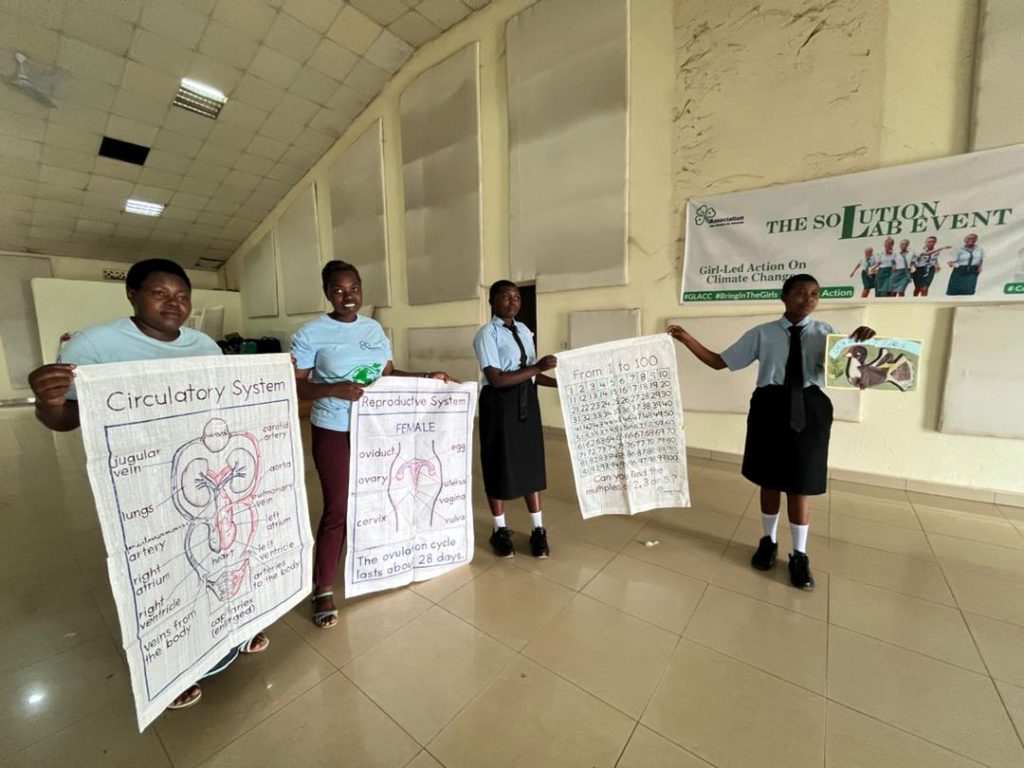
Young girls took into consideration the menstrual hygiene and thought of lasting reusable menstrual pads. “Our project is about producing reusable, cheap and lasting menstrual pads. The ones in our village are very expensive and single use. with these we are producing from textile; they can be used for up to three months with proper hygiene.” said Ihirwe Emerance from Rulindo.
These initiative are supported by UNICEF Eastern and Southern Region Office(ESARO) to support girls’ projects targeting problems in their communities.
As mentioned by the Chief Commissioner of AGR, Marie Louise Uwamwezi, the objective of the solution lab was to refine the projects for an effective implementation . “These young girls will be followed up in the implementations of their projects to make sure funds are effectively used and solving climate change effects in the society,” she said.
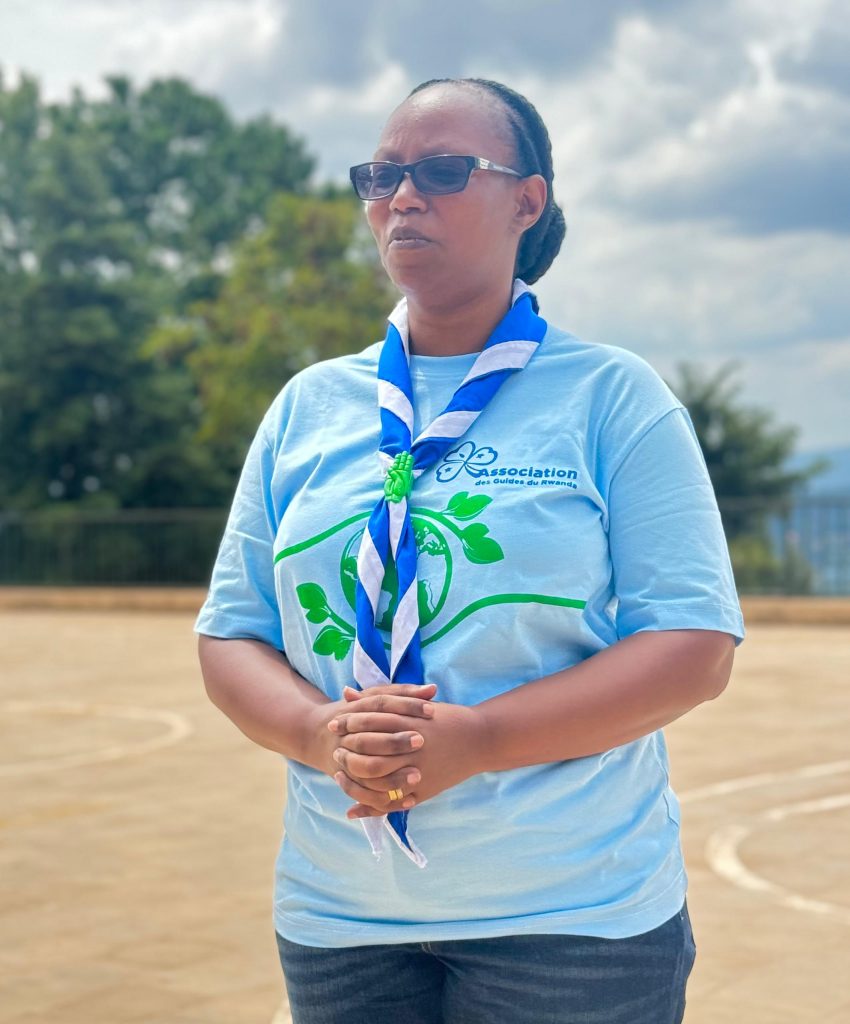
Redempta Batete, Gender and social behavior specialist at UNICEF Rwanda, spotted the importance of giving the opportunity to young girls a platform to express their thoughts and the capacity to take on leadership in climate action, responding to their community issues, by taking on solid actions through small projects like they have demonstrated.
“The entire world needs to understand and give such opportunities to young girls to take on leadership. The partnership between UNICEF and WAGGGS will continue, and mostly focus on empowering young girls to lead the change. We are really enthusiastic and look forward to very good results that will inform the next steps to what girls can do.”, Said Batete
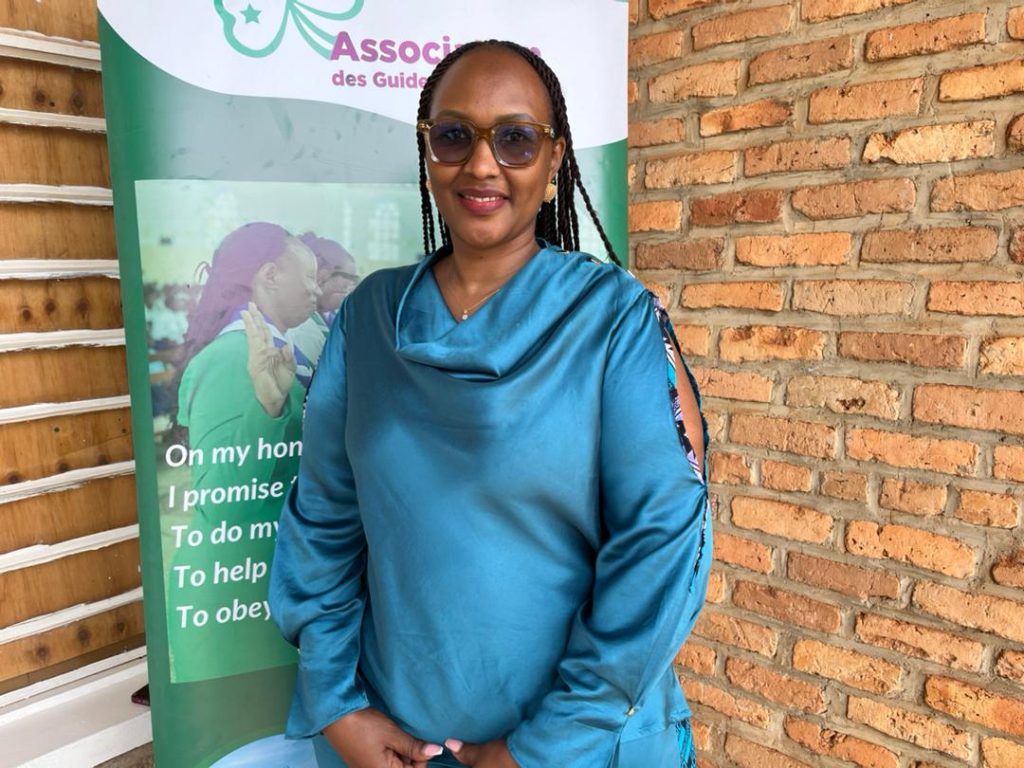
Pascaline Umulisa, GLACC Global Progamme Manager emphasised on the impact of the project on the global level, and Rwanda as well.
“We have so far 24 countries that implement GLACC, and more than 200,000 young women around the world who have gone through the curriculum, and they have increased knowledge on climate change. We have seen them taking actions starting with themselves and their families.” We partnered with AGR Since 2023 they have reached 12,000 girls in the curriculum itself, and have also 20 advocacy champions that are doing campaigns in their local communities, and this has really brought results so far.”
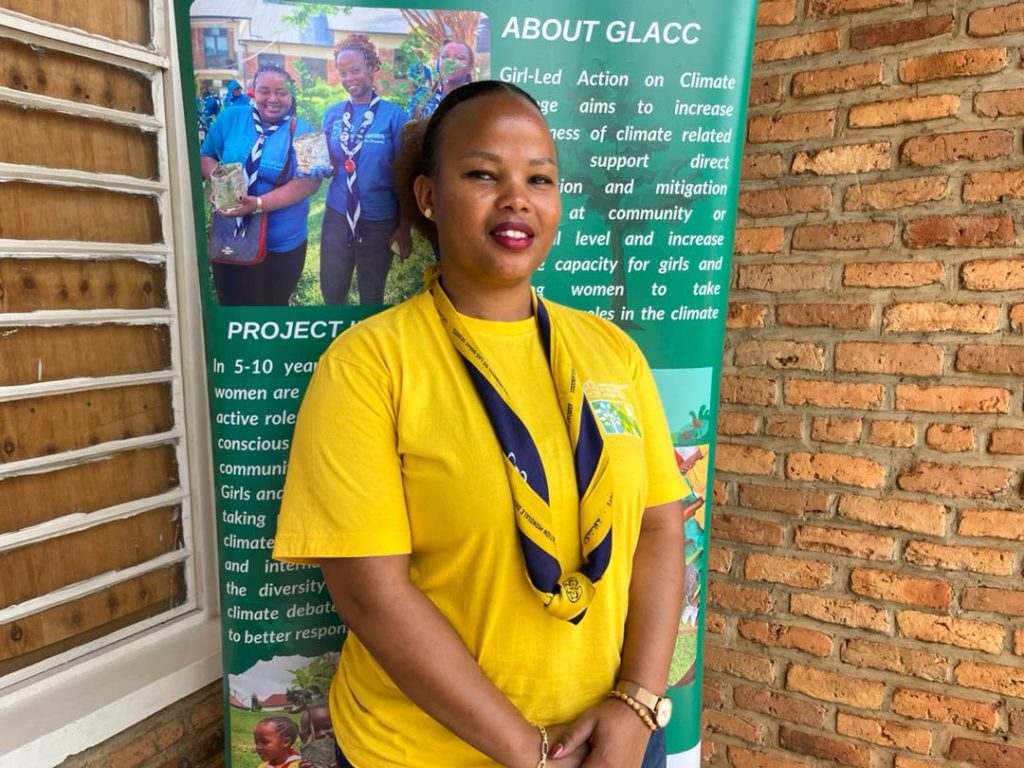
Climate change affects everyone, but its impacts are not equally distributed. Girls and women, particularly in rural communities, often face unique challenges due to existing gender roles, limited access to resources, and responsibilities related to water, sanitation, and food security. The GLACC project recognizes these disparities and aims to empower girls to become informed, active leaders capable of driving climate change mitigations and adaptations.
By building a network of trained and motivated young girls, the project is cultivating a generation of climate champions who are ready to lead sustainable development efforts not just in Rwanda, but as part of a growing global movement.
As the GLACC initiative continues to grow, it stands as a testament to what is possible when young girls are given the tools, voice, and opportunity to lead. Their work today is helping shape a more sustainable and equitable tomorrow.


